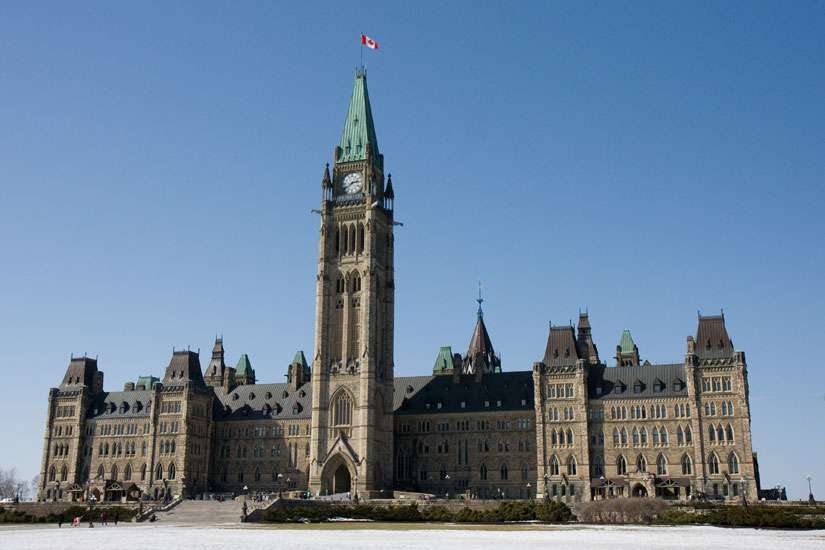“As a person who is involved in civil liberties, I am somewhat if not very concerned that the reach of engagements here is obviously quite serious,” said Phil Horgan.
The Conservative government is pressing ahead with politically popular anti-terrorism legislation in an apparent effort to pass it before the federal election later this year.
The complex anti-terrorism Bill C-51 would expand powers to arrest and detain suspects if police believe a terrorist attack “may be” carried out. It also would permit the Canadian Security Intelligence Service to “disrupt” terrorist web sites or social media accounts such as Twitter. The act has raised privacy concerns because it would increase the ability of agencies to share information about individual Canadians in an effort to identity threats to national security.
Debate on the bill began Feb. 18, but the Conservative government cut it short. A second reading vote in the House of Commons Feb. 23 sent the complex bill to committee for review.
Polls show the proposed legislation is widely popular among Canadians. An Angus Reid poll released Feb. 19 showed 82 per cent of Canadians surveyed online support Bill C-51, with more than one-third of respondents saying the bill doesn’t go far enough.
“We’ve got to be awful careful that the pain of the remedy is not more difficult than the effort to protect ourselves,” Horgan said.
Horgan is pleased with the level of judicial oversight envisioned in the bill, but judicial oversight isn’t the only issue.
“This is an opportunity for a vigourous debate on the extent to which we are focused on the problem. We have also seen how in the past some of the mechanisms that exist have been used to squash speech when it comes to other religious freedoms.”
The Toronto lawyer and constitutional law expert does not question the need to meet the challenge of terrorism.
“Canada is not immune,” he said. “We need to be careful, prudent but at the same time vigilant.”
John Thompson, vice president intelligence of Strategic Capital Intelligence Group, described Bill C-51 as a complicated omnibus bill that changes all sorts of existing legislation. Since 2002, when Canada introduced anti-terrorism legislation in response to the 9/11 attacks on the United States, terrorist groups have had 13 years “to adapt and shift and right now our security agencies are swamped,” he said. “We’re losing ground. We can’t keep up and as a result the risk is growing quite quickly.”
Thompson is glad Canadian politicians are naming the terrorist threat as jihadists, noting Canadian politicians are “less handicapped by political correctness” than their counterparts in the United States. Most Canadians understand the threat comes from “radical Islam” and “jihad,” and not ordinary, peaceable Muslims, he said.
“Ordinary Muslims are in greater danger from ISIS than anyone else. Al Qaida and Salafist movements have killed more Muslims than anyone else.”
At the same time, Thompson said any increased powers, especially those that interfere with civil rights, need to be carefully monitored.
(With files from Deborah Gyapong.)

